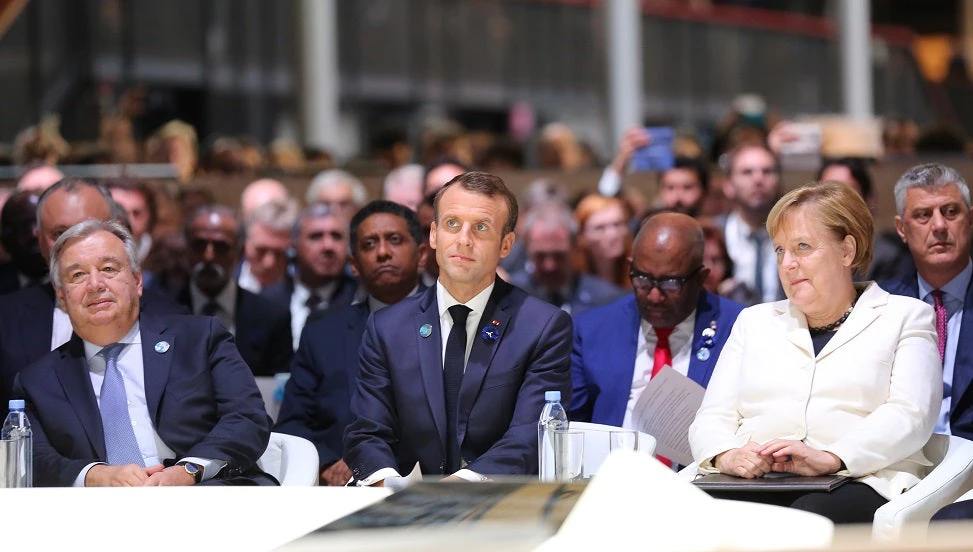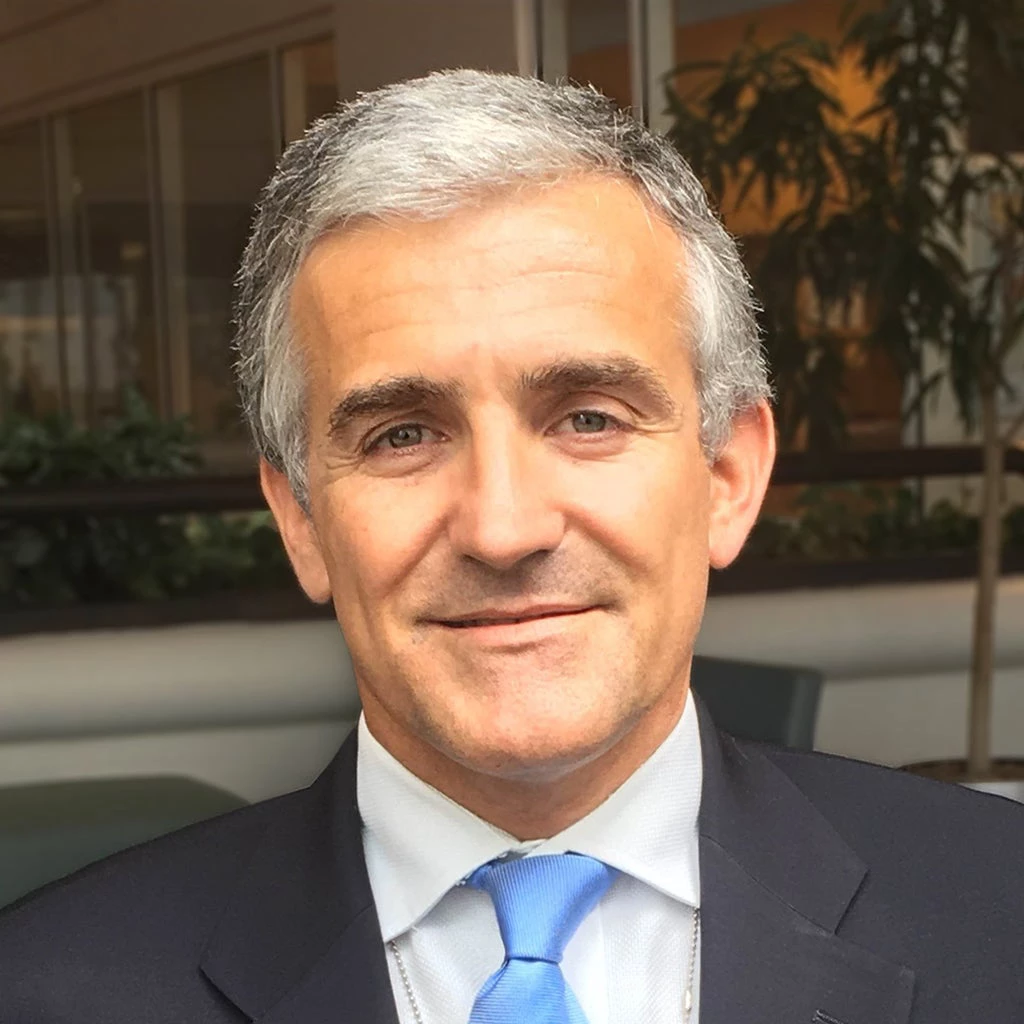
This week marks 100 years since the end of World War I. One hundred years since an armistice encouraged battling sides to lay down their arms and usher in peace. Many of us – the lucky ones – still enjoy peace. We go to work, to school, to the playground, to shops and restaurants all with a sense of safety and security. But that is not the case for many people around the world. Wars still rage in Syria, Yemen and Iraq, and violent conflict mars communities in every region of the globe.
Also this week, world leaders are in France – site of the 1918 Armistice signing – for the Paris Peace Forum. They are marking the occasion, but also working to address the international tensions that cause unrest in our day and age, and the initiatives aimed at preventing them: cooperation to fight climate change, resource scarcity, globalization and technological disruptions; institutions to channel power rivalries and administer global public goods; justice to assuage grievances and frustration, regulation to address inequalities and abuses of power; and peacebuilding and security.
I participated in the Forum yesterday with other colleagues from the World Bank and highlighted the plight of one group for whom conflict and fragility make worse an already tenuous situation: the world’s poor.
By 2030, as many as 50 percent of the world’s poor people could live in countries affected by fragility, conflict, and violence and the number of refugees and internally displaced persons is at the highest since World War II. In an increasingly inter-connected world, where events that originate in one part of the globe can spread rapidly to others, these challenges threaten global efforts to reduce poverty and boost shared prosperity.
To address the challenges – in poor countries and increasingly in affected middle-income countries – those of us working on development, humanitarian and security solutions to fragility, conflict and violence are developing new approaches, including pivoting to prevention; deploying new tools, including through new financing instruments; and leveraging new partnerships to deliver more effectively in countries and communities. What does this look like?
We know from our flagship report with the UN, Pathways for Peace, that for every $1 invested in prevention, about $16 are saved down the road. Therefore, by focusing on prevention we can direct more of our resources to sustainable development outcomes, rather than continuously responding to emergencies. Today, we are operationalizing the findings from Pathways for Peace and investing more in addressing global risks – conflicts, natural disasters, famines and more – before they turn into full-blown crises.
We are using new tools to do this. One example is the Risk Mitigation Regime (RMR), which offers $1 billion in financing from the World Bank’s International Development Association (IDA) for programs that specifically target the factors that risk fueling conflict.
In Niger, for example, we are leveraging RMR financing to strengthen economic opportunities for youth and women in conflict-affected regions. Working closely with the government, we are improving rural transport infrastructure and sustaining road access for farming communities to markets. Through this project we aim to support the government in addressing regional imbalances and grievances around service delivery, promoting the peaceful management of resources, and improving the livelihoods of marginalized groups – all factors that can mean the difference between war and peace. In addition to Niger, we are leveraging RMR financing in Guinea, Nepal and Tajikistan.
Underpinning this new approach to conflict prevention and the tools we are using to make it work is the firm conviction that partnerships are essential and must be the new normal if we are to prevent conflict, build resilience, and sustain peace in an increasingly complex world. We are therefore reducing fragmentation and working closely with peacebuilding, humanitarian and security actors in countries like the Democratic Republic of Congo (DRC) to deepen partnerships with organizations that are closest to the ground and can carry out conflict-sensitive programming.
In DRC, we are preparing to scale-up our engagement in conflict-affected North Kivu by building partnerships with the UN, and notably the MONUSCO peacekeeping mission, to help provide the logistics and security necessary for us to carry-out development support in the most challenging settings.
And work is ongoing in many other countries. Two World Bank-financed initiatives are being recognized during the Paris Forum: The Londo ('Stand-Up') Project in Central African Republic is providing temporary employment to vulnerable people throughout the country. And a report published in 2017, Securing Development: Public Finance and the Security Sector, developed by the World Bank in partnership with UNDPKO, proposes a framework for improved public expenditure management and policy to allow finance agencies and security and military officials to work together better on budget planning, public financial management, financial accountability, and oversight of defense, police, and criminal justice systems.
One hundred years after the end of World War I, despite much progress, the world still suffers from conflict. We have a collective responsibility to promote peace and prosperity by committing to support our fellow citizens – increasingly the world’s poor – still caught in the web of fragility. At the World Bank, we are developing new initiatives, tools and partnerships to address the challenge. The Paris Peace Forum is a reminder, not just of the immense need, but that there is a global coalition of countries, organizations, businesses and citizens also working together in new ways to promote lasting peace.


Join the Conversation